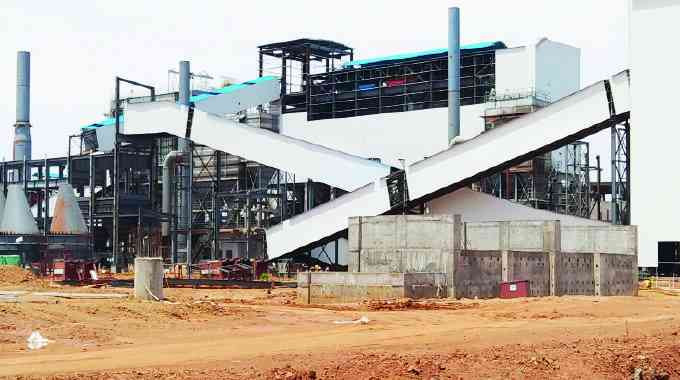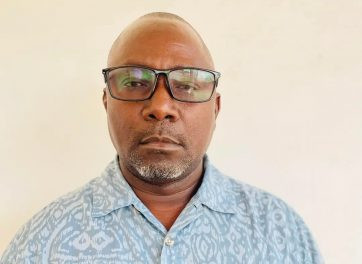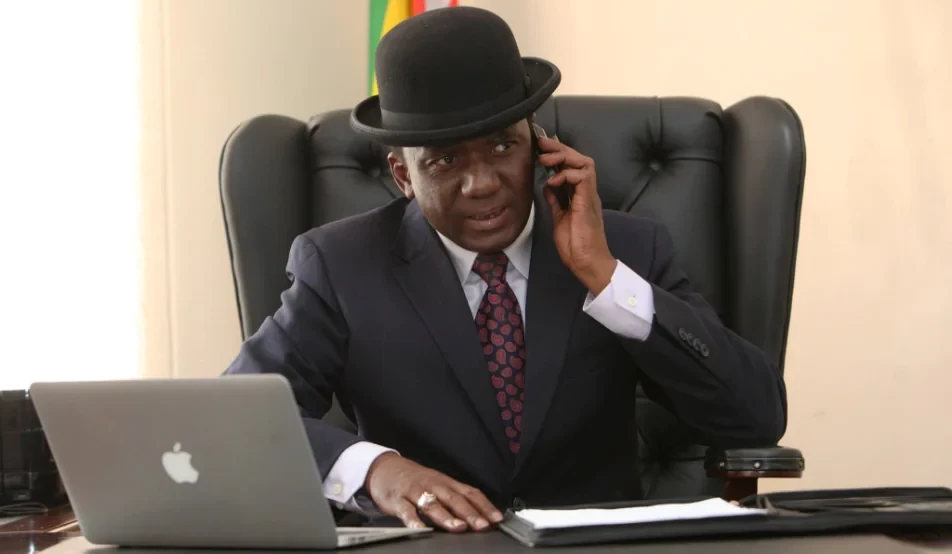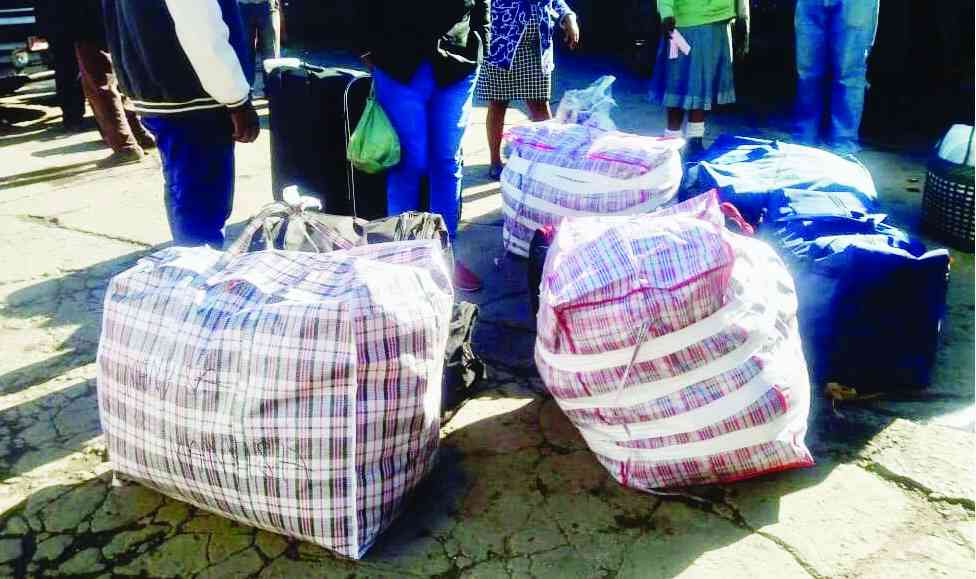
THE Chinese-owned Dinson Iron and Steel Company, anchoring industry for the Manhize Industrial Park near Mvuma in the Midlands province, has invested more than US$2 billion in Zimbabwe with the aim of unlocking economic potential in the country.
Dinson group project director Wilfred Motsi made the remarks during the Mine Entra 2024 in Bulawayo last week while presenting a paper on the unlocking of economic potential on integrated steel sector beneficiation and value-addition.
Dinson is a unit of Tsingshan Group and a Fortune Global 500 company, the world's largest producer of stainless steel.
“Tsingshan Group controls the complete production chain including nickel-chromium alloy smelting, battery material production, battery cell manufacturing, battery pack assembly and supply of energy storage systems to global markets.
“Disco Group is investing over US$2 billion in Zimbabwe. It has more than 185 000 employees. Zimbabwe is located in the heart of southern Africa with a highly skilled labour force, highly trainable labour,” Motsi said.
He said some of their products are rolled wire, R-bar coiled, hot-rolled round bars and steel bars.
Dinson should turn out to be the largest steel plant in Africa and is expected to employ 95% Zimbabweans with 90% from local market (community).
“The annual production will be about 600 000 tonnes for the first phase. We expect a huge customer base outside Zimbabwe and promise various standards of steel and non-standard specifications will be available according to customer requirements services, reasonable price, satisfactory service and reliable reputation,” Motsi said.
- Chinese giant’s readies to fire up its US$1.5b Zim steel plant
- Interview: Steel giant tables Zim game plan
- Dinson invests over US$2 billion in Zim
Keep Reading
“Dinson has the electricity (captive power), water available, land is available. Road under construction, rail in planning stage. Land is available, Special Economic Zone Status under consideration and ease of doing business.”
He said they expected to increase revenue through higher-value exports, improved trade balance, improved trade balance and import substitution to attract foreign direct investment and direct investment.
However, he stated that they are facing challenges of quality raw material availability, energy costs, efficiency technological advancements and innovation, global market fluctuations and environmental regulations and sustainability.











